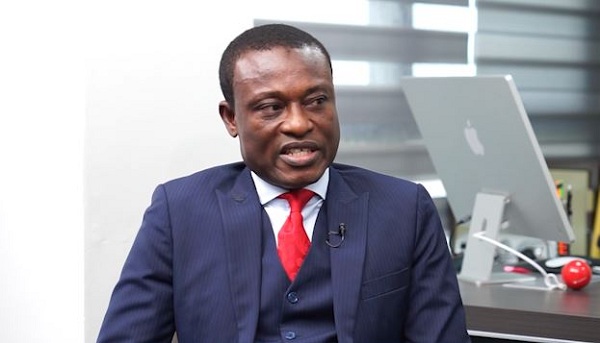Special Prosecutor, Kissi Agyebeng, has called for a mechanism to verify and trace assets declared by public officials, but opposed making such documents publicly accessible.
He made the call at the African Union Advisory Board Against Corruption (AUABC) conference in Accra.
The event, held over the weekend, was on the theme “Revitalising the Anti-Corruption Architecture in Africa: Ghana’s Accountability Journey.”
Last month, President John Dramani Mahama ordered the forfeiture of three months’ salary of some public officials, donating the funds to the Ghana Medical Trust Fund.
The President also warned appointees to declare their assets by May 6, 2025, after 55 officials and staffers failed to comply, as reported by the media.
This reignited calls—especially from Civil Society Organisations (CSOs)—for the government to take punitive action against defaulters, citing weak transparency and accountability measures.
“We should move beyond mere repositories to a system of verifying and tracing undeclared assets,” Mr. Agyebeng stated.
However, he opposed the public disclosure of asset declarations, arguing that it would expose officials to undue scrutiny and potential reprisals.
“In my estimation, a publication of who has declared or has not declared his assets, in the context of a workable asset verification and tracing model, would be sufficient to assure the integrity of the asset declaration system,” he noted.
The Special Prosecutor urged incorporating integrity into the educational system, from basic to tertiary level, as a key strategy to curb corruption.
“A student who regards a corrupt businessman as his or her role model would invariably emulate him without remorse. A society in which the youth adore and celebrate ill wealth would only reap get-rich-quick corrupt and fraudulent practices,” he said.
Mr. Agyebeng recommended that unexplained wealth exceeding legitimate income should be subject to confiscation, proposing that lifestyle audits be enshrined in the Constitution.
He also suggested that sanctions be prescribed beyond asset declarations to ensure that properties acquired after initial declarations—without reasonable sources—fall under constitutional provisions.
“We must strive to change the narrative and fashion our own cause and course by keeping the glimmer on the horizon glowing until the light beckons closer and shines overhead in a just and prosperous trajectory,” he said.
GNA





